How often should I shock my pool?
Most pool professionals will tell pool owners to shock once a week or every other week. This is okay and it’ll keep the pool clean for the most part, but it may not be needed that often or may be needed more. We’ll try and explain when it’s absolutely necessary to shock. So
What does it mean to shock the pool?
Raise the chlorine level to breakpoint chlorination by using liquid shock or granular chlorine shock. Breakpoint chlorination is the point at which the disinfection demand is met.
When is it time to shock?
If you notice that the pool was cloudy if you have algae if it smells like chlorine what you’re actually smelling is chloramine, it’s used up chlorine. You want to shock after a party because the free chlorine has probably been used up by all the swimmers. If you really want to get technical, shocking is needed when the total chlorine level is higher than the free chlorine.
The goal is to bring the chlorine level up 10 times more than the combined chlorine level. Combined chlorine can be calculated by subtracting the free chlorine level from the total chlorine level.
If you look at a simple test strip, you’re going to have total chlorine listed right above the free chlorine you just subtract, find out the chlorine level.
For example to continue, if the total chlorine level is two parts per million and the free chlorine level is 1 part per million, the combined chlorine level would be one part per million. In this scenario, you would need to add enough chlorine to bring chlorine level up to 10. You can test for these higher chlorine levels by using FAS-DPD test kit. The amount of shock will depend on the pool size and strength of the chlorine shock. Read the instructions on the bag or bottle and it should tell you how much to add for every 10,000 gallons.
We suggest not getting to bogged down all the numbers of everything but you test your water zero chlorine, shock it. If again, you test it and you notice that your total chlorine is higher than your free chlorine, shock it.
If you have any questions about shock or anything pool and spa relate, please visit us over at INYOPools.com and please like and subscribe to these videos thank you for joining us.

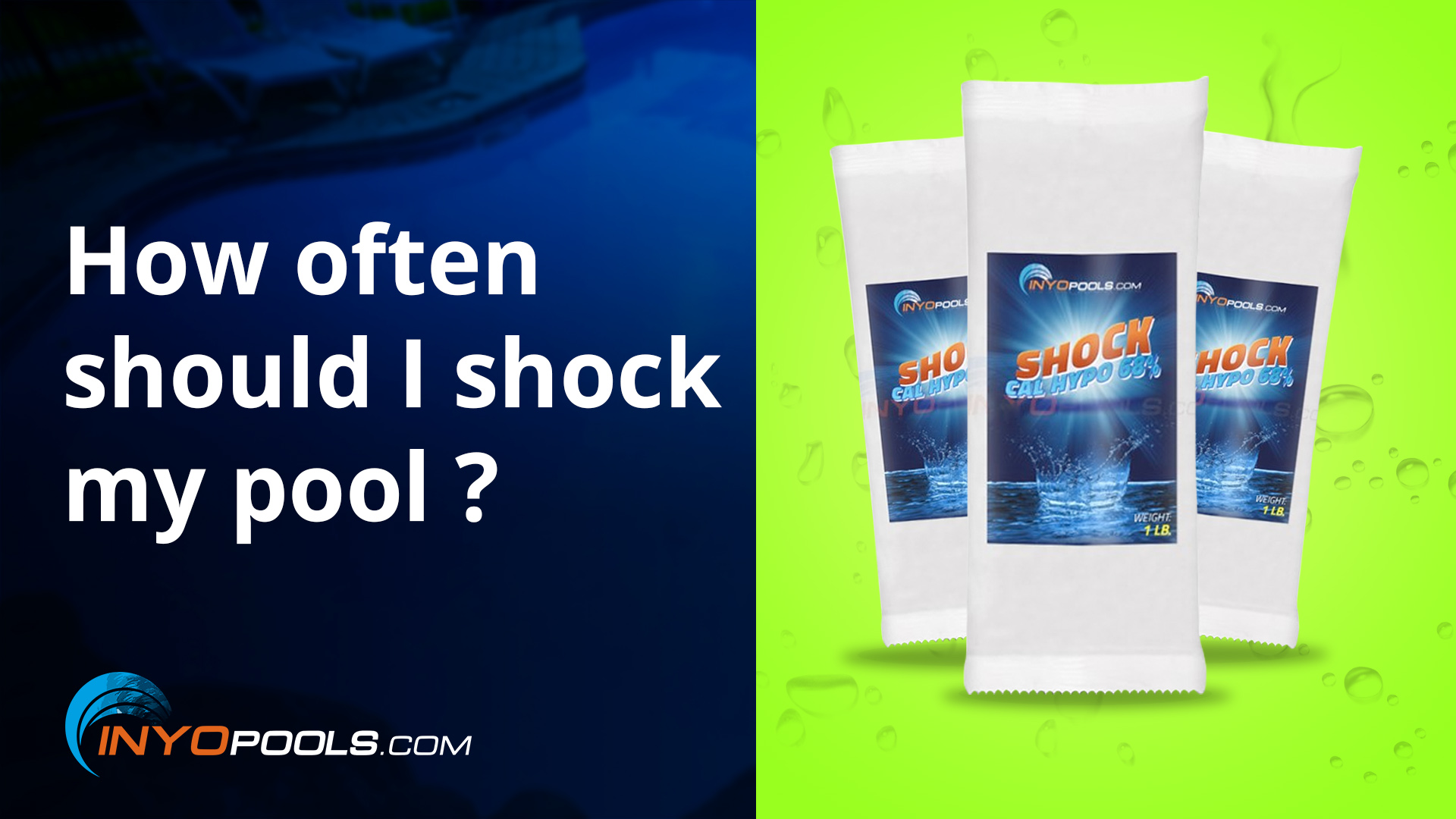
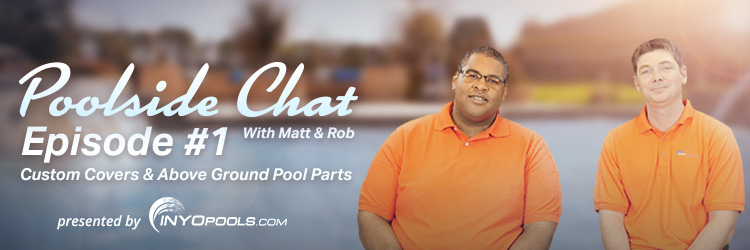
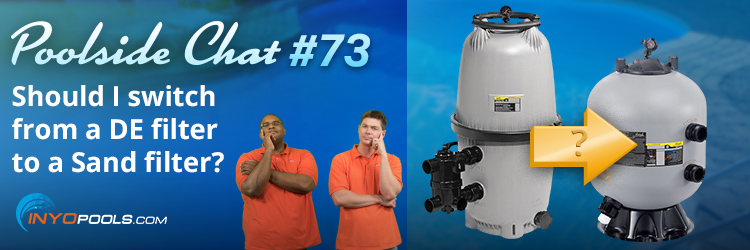
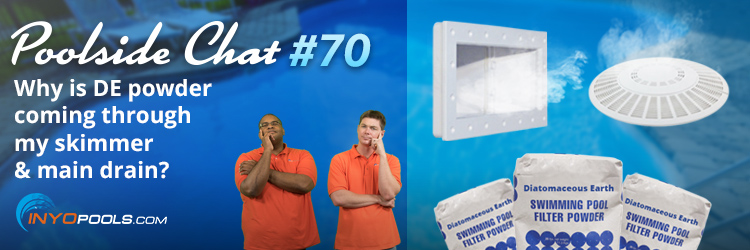
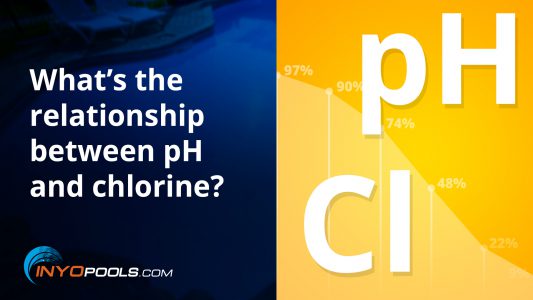






I have a 20-yard lap pool with a cover on it. Do I shock with a cover on or cover off ?
I read somewhere that you should shock at night so the sun doesn’t dissipate the chlorine. Is that a good idea?
Take the cover off if it is in contact with the water. Chlorine is a very caustic material, so if your cover is in contact with super chlorinated water it could cause it to degrade quickly.
Yes, it is a good idea to shock at night, so the chlorine does not get burned off by the sun.